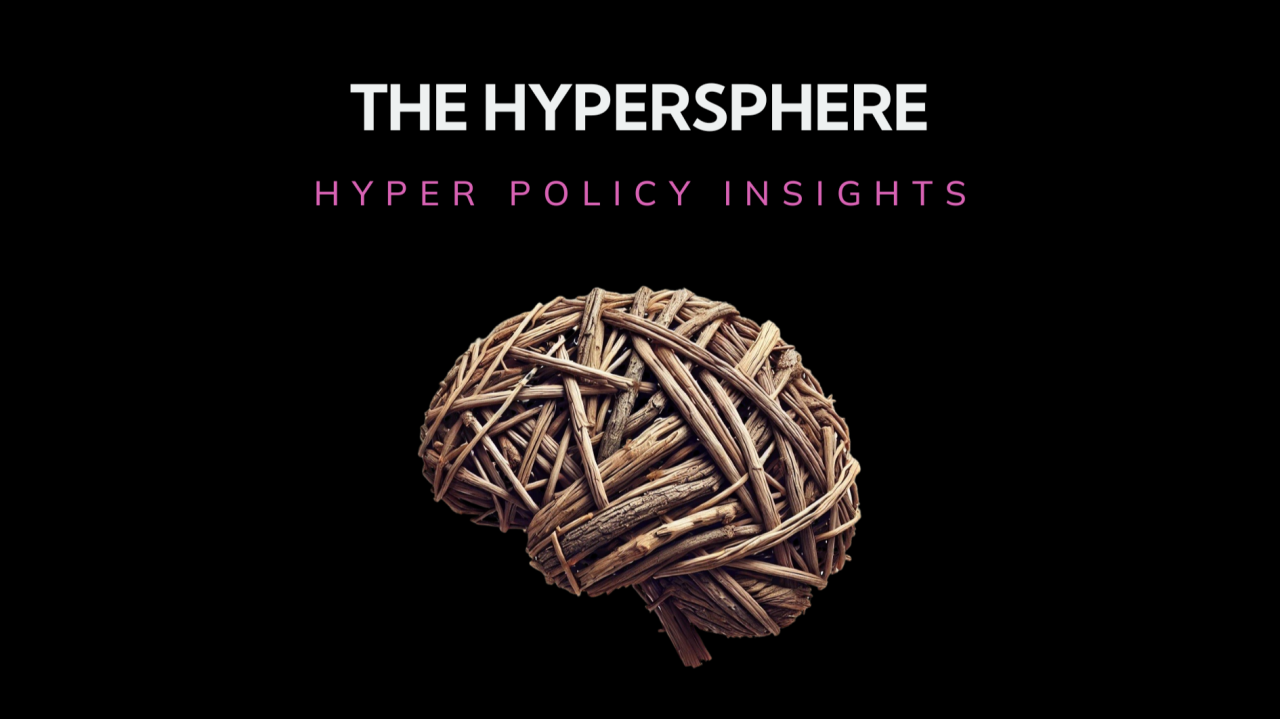Introduction
Artificial Intelligence, added into daily life, has readdressed adult routines, impacting everything from work tasks to social interactions and entertainment. However, alongside the efficiencies it offers, there is a growing concern about dependency. Adults can become entrenched in using AI for tasks that might otherwise challenge their minds, gradually reducing critical thinking and autonomy. This over-reliance can have subtle yet far-reaching impacts on mental health, productivity, and personal agency. HyperPolicy is dedicated to exploring and addressing these dynamics, advocating for balanced and conscious engagement with AI to prevent dependency.
Focus
This insight centers on the forces that cultivate dependency on AI among adults, from workplace pressures to the design of AI systems that compel extended engagement. The demands of professional life often drive adults to lean on AI tools to meet productivity targets, but with prolonged reliance, the use of AI can begin to overshadow fundamental skills and cognitive development. Social applications, personalized content feeds, and virtual assistants play their part, providing an easy route to continuous engagement that sometimes sidesteps genuine mental effort. HyperPolicy’sobjective is to distribute strategies that help adults identify signs of dependency and establish a healthy balancebetween AI assistance and personal agency.
Concern
AI dependency in adults presents multifaceted concerns, particularly as it affects cognitive and social well-being. In work settings, excessive reliance on AI can weaken the professional judgment and expertise required for complex decision-making, as skills are no longer actively engaged. When adults turn to AI for social connection or companionship, prolonged use can lead to a decline in real-world interactions, resulting in a sense of isolation. Privacyis another pressing concern; by habitually sharing data with AI-driven systems, adults increase their vulnerability to exploitation or breaches, often without being fully aware of the risks. As decision-making processes become more automated, a loss of independent thought can follow, impairing critical thinking and problem-solving abilities. HyperPolicy underscores the risk that, without proactive measures, AI dependency may erode social structures and individual agency, creating widespread personal and economic effects.
Proposed Action
To address AI dependency, HyperPolicy advocates a multi-tiered approach focused on raising awareness, encouraging responsible AI design, supporting data protection, and reinforcing mental health services. Public awareness campaigns can play an essential role, educating people on AI dependency risks and promoting strategies to maintain mindful use. In workplace settings, programs that emphasize healthy AI interaction can assist employers and employees in identifying early signs of over-reliance and encourage balanced use of AI tools. Developing and endorsing ethical AI design is fundamental; systems that incorporate features supporting thoughtful engagement will help steer users away from excessive dependency. Transparency on the part of AI developers is critical, providing clarity on how user behavior may be affected and how personal data is managed. Regulatory measures, including standards and guidelines for designing AI systems with potential for addiction, can help curb risks. Strengthening data privacy protections for personal data shared with AI tools is equally important.
Mental health resources focused on technology dependency are an essential part of the approach. Expanding support for adults who struggle with technology addiction, coupled with integrating AI dependency screening into routine healthcare, will help people find the assistance they need. Further, community engagement can be healthy by encouraging real-life social connections and promoting digital detox initiatives that bring people together beyond screens. Research is vital, and ongoing studies funded to analyze the prevalence and effects of AI dependency will enable HyperPolicy to continuously refine and adapt these recommendations.
With these actions, HyperPolicy seeks to cultivate a future where AI technology supports and enhances human life without replacing individual thought and agency.
The HyperSphere: HyperPolicy Insights is a series of focused, concise analyses on the latest advancements, ethical challenges, and policy developments surrounding emerging technologies, artificial intelligence (AI), the Metaverse, and responsible innovation. It aims to provide thought leadership and actionable insights to guide the ethical use of technology in an increasingly accelerated and complex landscape.

